Thoughts on an aging mother
By Barbara J Eikmeier
My mother, at age 91, helped me up off the floor. It was one of those moments that will stay with me for a long time.
Dementia has left her passive. Arthritis has left her bent over at the waist and often in pain. She uses a walker, moves very slowly, and needs help with most aspects of her care.
Thanks to my dad’s careful financial planning and the round-the-clock caregivers we’ve hired, she still lives in the farmhouse in California where I was raised. I visit her from Kansas for a week or so every month or two. She has become quiet, rarely voicing descent in a conversation, often confused about who I am.
But I still know her.
So, I tell her about my travels, and my children. I show her my embroidery projects and tell her about the book I’m reading.
She thinks I’m her sister. Or one of my sisters.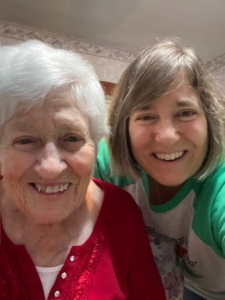
She tells me “They don’t let me do anything.” Mostly I think she’s bored. After all, she had a busy life. She raised nine children, was active in her church, helped on the dairy farm, and took care of the 20 heifers we raised every year. She did all the bookkeeping and read the daily paper and listened to the evening news. She mended clothing, baked cookies, and served dinner for a crowd every night. Now she paints with water and watches cartoons.
She doesn’t know me, but she remembers how to spoon leftovers into Tupperware, so I set her up at her place at the kitchen table and leave pot roast and potatoes, lettuce and broccoli next to an assortment of containers. She can perform this task perfectly, without help.
She thinks I’m her sister, but she can use a seam ripper to fix my sewing mistake. So, I gave her a seam ripper and showed her the stitching that needed to come out. She finished in no-time, after all, she was an expert seamstress earlier in her life.
I showed her the grapefruit I picked from her tree. She sniffed it and said, “It’s too old.” I cut it in half and showed her again. She poked at the dry, grainy segments and said, “Throw it away.”
When I’m with her I sometimes need to escort her to the bathroom. She washed her hands and said, “I think my shoe strap has come undone.” I squatted, my bottom nearly brushing the floor as I checked the Velcro on her navy Mary Janes. “It’s ok Mom, but now I have to get up!” I do squats at the gym, but I don’t go that low. My thighs were screaming, but the bathroom is so tiny, and I was trapped between my mother and her walker. If I leaned forward, I risked toppling into her. That’s when my mother, permanently bent over at the waist, her arms dangling in front of her, reached out, just enough to put her hands around my torso, tuck her palms into my armpits and lift. I popped right up. She smiled and said with a nod, “We have to work together on these kinds of things.”
It’s been a long time since my mother has said my name, but that day, she put her arms around me and for a split second she was the nurturer again.
Barbara J. Eikmeier is a quilter, writer, student of quilt history, and lover of small-town America. Raised on a dairy farm in California, she enjoys placing her characters in rural communities.
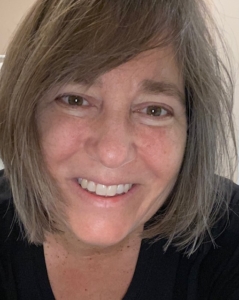

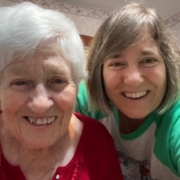


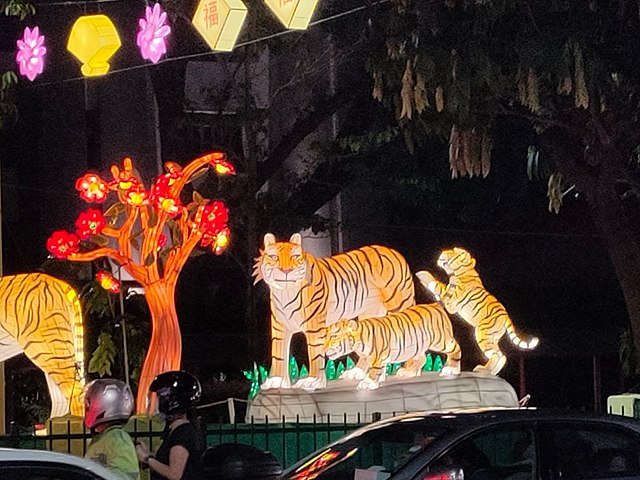
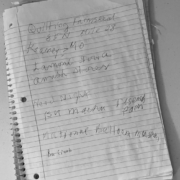
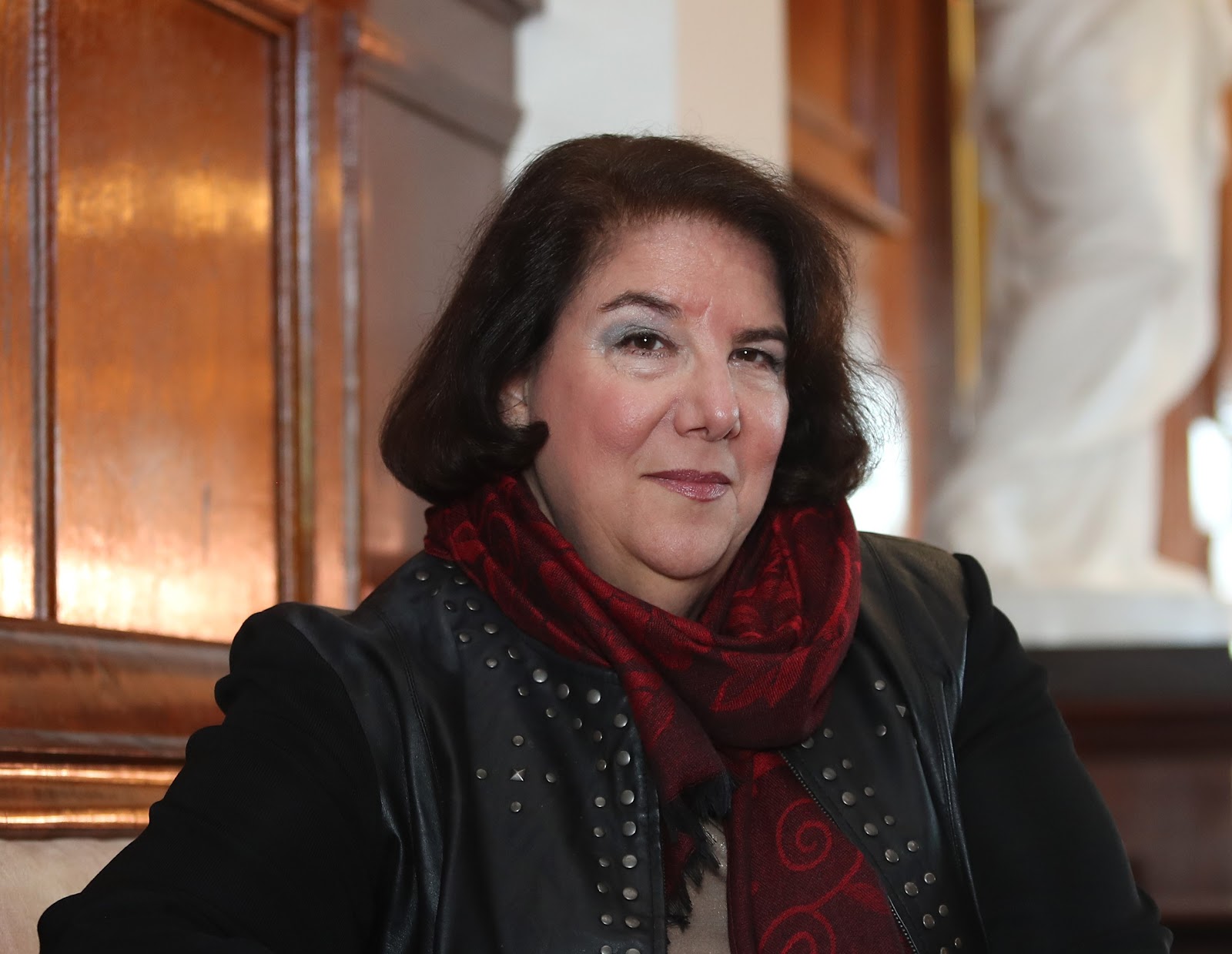
Barbara, this brought tears to my eyes.
Lois, I feel lucky to still have my mom. Thanks for commenting.
It’s the little moments that make a difference at this stage of a parent’s life (not to mention a loving daughter’s life).
Debra, thank you, that’s a good way to consider it, the little moments.
A beautiful post, Barbara. This road is a familiar one for me, and I feel for you as you travel down it with your mother. Even though she is impaired, she still feels your love.
Thank you Gay. My mother in law lived for 12 years with dementia. Watching her trained me not to get hurt feelings when my own mom didn’t know me. When I heard she thought I was her sister I said, “that’s ok, she always liked that sister!” Now I just cherish what time I do have with my mom.
I’m touched by your story, and especially by the relationship you have with your mom. I’m so glad you can cherish these little moments.
Thank you Saralyn,
I treasure each moment I have with her and I’ve started writing these tidbits down so I can remember them later.
Oh my goodness, Barb, your mother’s scenario sounds so much like my mother’s. They were so active and when dementia set in so did the loss of words and the increase in boredom. How fantastic she was able to help you up. Sending you a hug from New Mexico.
Thank you. When she helped me up it happened in a split second. I think it surprised me more than it did her! Thanks for the hug from afar. I’ll take it!!
Barbara,
There is so much you have said here. I am in awe of all the grace you have given your mother in paying attention to the things she does and and still do and letting her do them. The moment when she helped your up. What a lesson in relationships and humanity. It’s not about what we remember; it’s about who we are. Thank you.
TK
Thank you for you thoughts. There is so little I can do for my mom now but I can give her respect and love.
That was so beautifully written. It brought tears to my eyes. Thankfully she sees you as a sister she liked rather than one of the others. Good for you to be finding activities she can do to help with the boredom she’s experiencing. No doubt your visits mean the world to her.
I don’t mind that she confuses me as one of her sisters. She had seven sisters and I have fantastic memories of seeing her laughing and visiting with her sisters during rare family reunions.